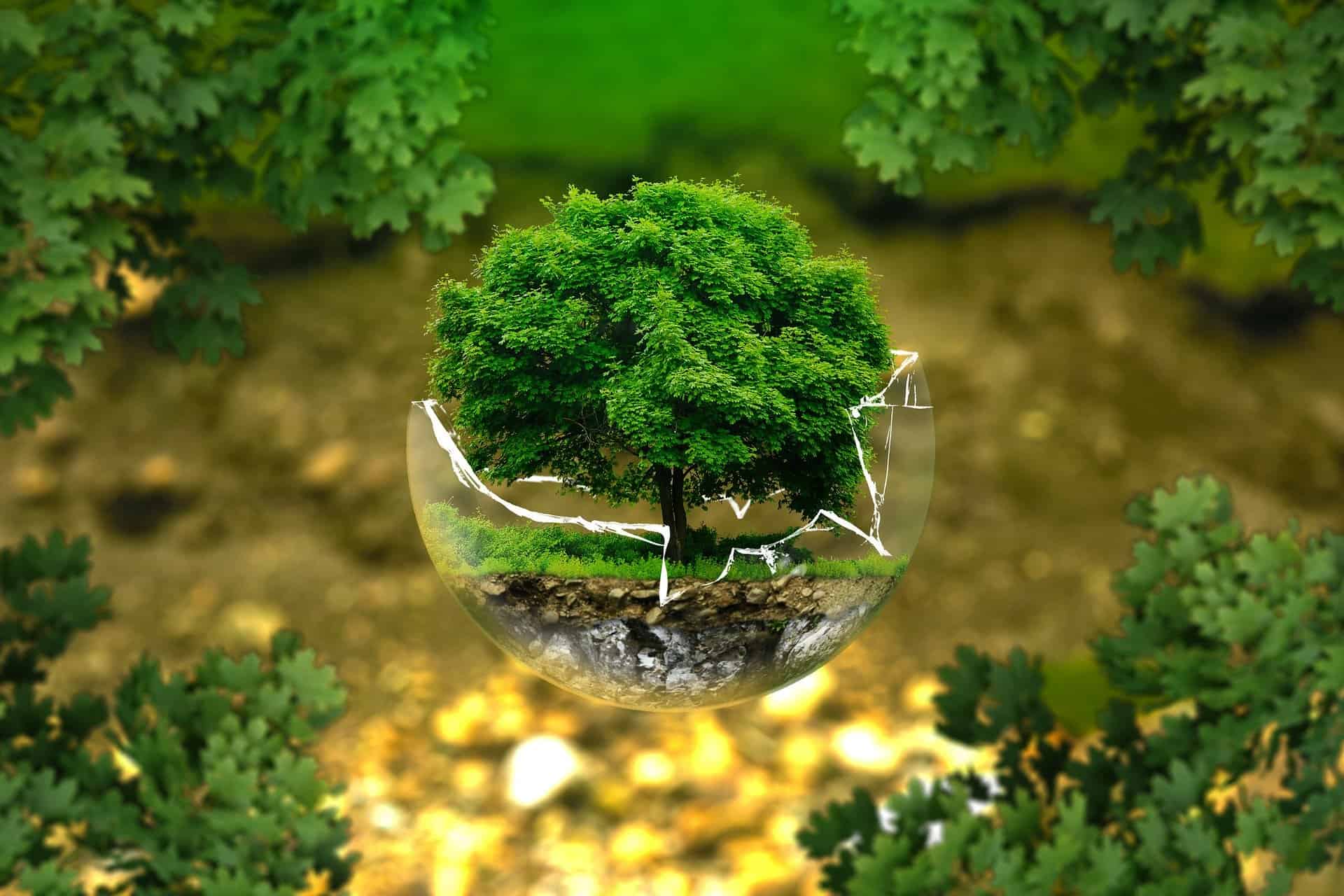
Introduction:
Sustainable living is a term used to describe the conscious effort to reduce one's carbon footprint and live a more environmentally-friendly lifestyle. It has become increasingly important as we witness the effects of climate change and the impact of human activity on the planet. Sustainable living involves making conscious choices about the products we use, how we consume energy, and how we dispose of waste. This blog will discuss several aspects of sustainable living, including green living, eco-friendly products, recycling, composting, and renewable energy.
Green Living:
Green living is the practice of making sustainable choices in everyday life. It involves using environmentally-friendly products, reducing energy consumption, and minimizing waste. One of the simplest ways to start living green is to reduce the energy you consume. This can be achieved by turning off lights when you leave a room, unplugging appliances when not in use, and using energy-efficient light bulbs. Another way to reduce your carbon footprint is to use eco-friendly products. These products are made from sustainable materials designed to have a minimal environmental impact. Examples of eco-friendly products include biodegradable cleaning products, reusable shopping bags, and organic clothing.
Eco-Friendly Products:
Eco-friendly products are made from sustainable materials and designed to have a minimal environmental impact. These products are becoming increasingly popular as people become more aware of their carbon footprint and the impact of human activity on the planet. Eco-friendly products can be found in many categories, including cleaning, personal care, and household items. One of the main benefits of using eco-friendly products is that they are often safer for people and pets, as they don't contain harmful chemicals. Additionally, they are often more cost-effective in the long run, as they are designed to be durable and long-lasting.
Recycling:
Recycling is the process of converting waste materials into new products. It is an essential aspect of sustainable living as it helps reduce the amount of waste in landfills. Recycling conserves natural resources, reduces greenhouse gas emissions, and saves energy. Knowing what materials can be recycled in your area is essential to start recycling. Commonly recycled items include paper, plastic, glass, and metal. To make the most of your recycling efforts, it's essential to rinse out containers and remove any non-recyclable materials before placing them in the recycling bin.
Composting:
Composting is an excellent way to reduce the amount of waste in landfills and is a natural way to fertilize plants and gardens. Composting is the process of turning organic waste into nutrient-rich soil. This is done by collecting food scraps, yard waste, and other organic materials, allowing them to decompose naturally. Having a designated compost bin or area in your yard is essential to start composting. This area should be located in a shady spot and regularly turned to allow for proper decomposition. Common compostable materials include fruit and vegetable scraps, coffee grounds, and yard waste.
Renewable Energy:
Renewable energy is energy generated from natural resources that are constantly replenished, such as solar, wind, and hydropower. Using renewable energy is an essential aspect of sustainable living as it helps to reduce our reliance on non-renewable energy sources, such as coal and oil. By using renewable energy, we can reduce greenhouse gas emissions and help mitigate climate change's effects. There are many ways to use renewable energy, including installing solar panels on your roof, wind turbines, and hydropower.
Conclusion:
Sustainable living is an essential aspect of our modern lifestyle, and it's becoming increasingly important as we recognize the impact of our daily choices on the environment. By making conscious choices about the products we use, the energy we consume, and the waste we produce, we can help to reduce our carbon footprint and protect the planet for future generations. Whether using eco-friendly products, recycling, composting, or renewable energy, many ways exist to start living a more sustainable lifestyle. By making small changes in our daily lives, we can collectively significantly impact the environment and create a more sustainable future. So, let's all do our part to protect the planet and start living sustainably today!
You must be logged in to comment on this blog.